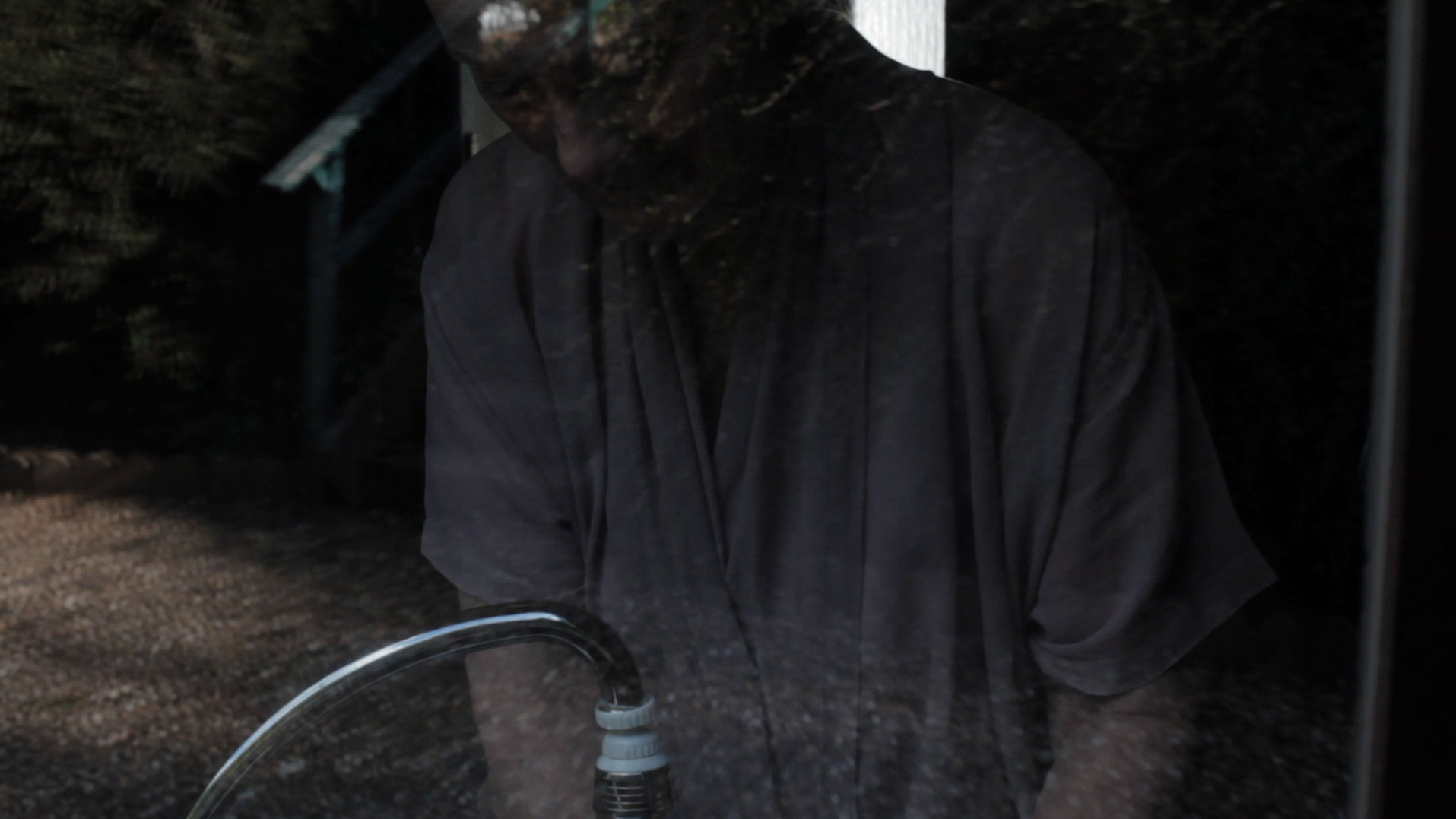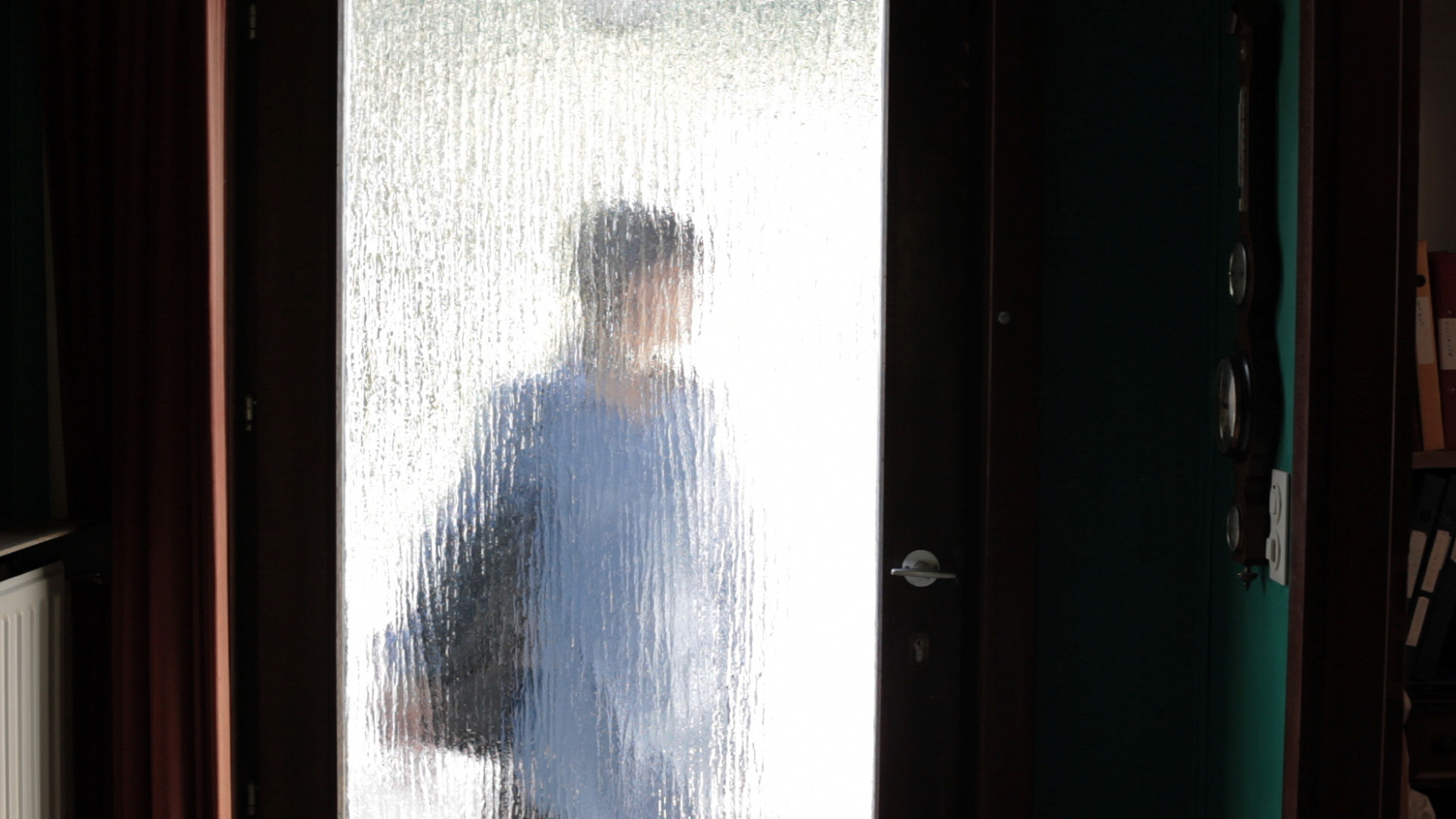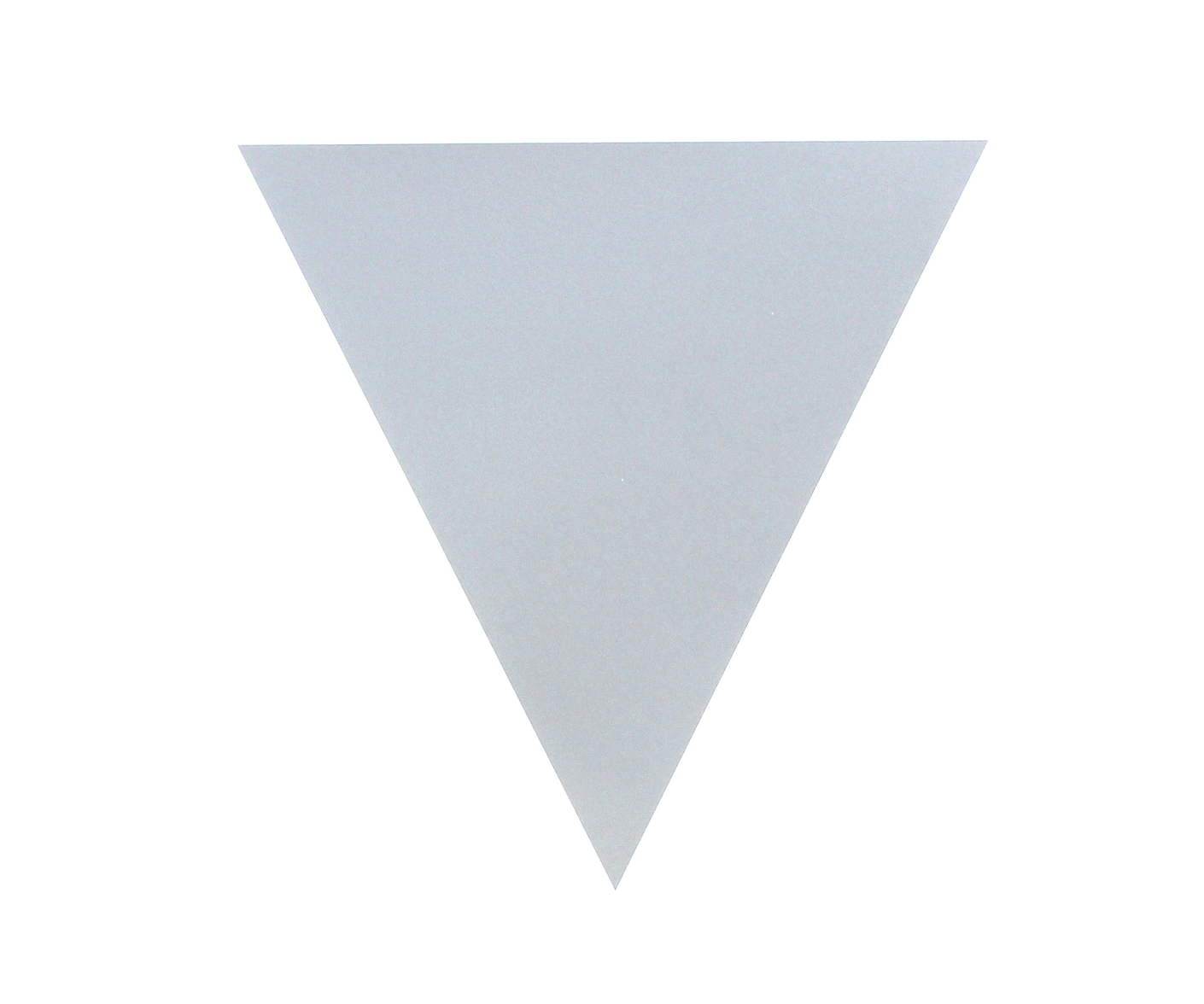S O U S T R A C T I O N
SHORT FILM
UK | Luxembourg, Belgium, Portugal | 2014
17 mins | Colour | HD | French with English subtitles
Written, directed & shot by Birgit Ludwig
Edited with Benjamin Wright & Dominique Auvray
Sound mix by Edward Lucas
Elena embarks on an indefinite journey after finding a stranger’s farewell letter in a train station. She visits her mother’s house before heading south to reach the end of the continent. Throughout this quest for an intimate strangeness, a new horizon opens up.




Note of Intention
“Soustraction” portrays the journey of a subjective shift, of a person who leaves her world behind. It is set within a series of geographical and spatial displacement and stations, where the ideas of “self-other”, “interior-exterior”, “finite-infinite”, “visible-invisible” find a resonance. It is an elliptical journey that attempts to place an intangible, unconscious and intimate dimension into the opaque materiality of the world. Elena, the main protagonist, is drawn towards the end of the continent as if to reach a point where the finite breaks into an infinite.
Despite running the risk of falling off “the map of her life”, she endeavours to subtract from prosthetic identifications and the alienating imperatives of the social bond in order to be more receptive to a truth that is fragile.
The shots are fixed and the characters are kept at a distance. The camera’s point of view is not subjective; it is an external point of view, yet always at human height. Observation is preferred over psychological identification. Without theatricality or drama, the film aims to transmit a sense of the vertiginous real that is silently waging inside the character and moves her into new perspectives.
The voice-over about the protagonist’s wonderings is essential in conveying a dimension that is intimate and often ineffable. So are the written letters that translate in writing what might otherwise never be said (like the questioning of the mother-daughter relationship and of femininity addressed to the mother). The editing consisted in fine-tuning the rhythm and establishing a distinctive place for the voice-over text within the visual and audible journey, avoiding illustration and overt signifying. The film has benefitted from the precious help of Dominique Auvray, editor among others of numerous films by Marguerite Duras.
..
In my work I am always interested in the notion of the “intimate”, as that irreducible part of a subject, the deepest but always de-centred core where a subject feels closest to herself but also experiences her own otherness.
Beyond the given framework of the film, I consider Elena’s move as a resistance to the quantifying and objectifying logic of the market, to the slow, quasi-scientific eradication of singularity in the name of control, transparency and security. Peoples’ grasp/invention of themselves as well as their relationship to their own unconscious is hijacked by consumer tactics and by the increased reliance on specialist knowledge.
Capitalist ideology seems to cultivate a sort of disavowal of the fact that there is always a ‘real’ that escapes our grasp, a desert of meaning surrounding us - however complex our algorithms or sophisticated our micro/telescopes.
Is the distanciation from ‘the world’ a necessary way for tying in with it more truthfully? Where does ‘the world’ end and where does it begin?
Is the intimate endangered, as the (non-)place where the self is itself the division between an interior and an exterior?
In a time when inter-human exchanges are increasingly accessorized and the universe on the way of becoming a taggable image, I am interested in characters that dwell in less manifest zones of existence.
And I wonder how language supports such a disposition, against the closure of representations… when it affirms and does not eradicate the lack it drives on, which calls people into being.
04/2015
Note of Intention
“Soustraction” portrays the journey of a subjective shift, of a person who leaves her world behind. It is set within a series of geographical and spatial displacement and stations, where the ideas of “self-other”, “interior-exterior”, “finite-infinite”, “visible-invisible” find a resonance. It is an elliptical journey that attempts to place an intangible, unconscious and intimate dimension into the opaque materiality of the world. Elena, the main protagonist, is drawn towards the end of the continent as if to reach a point where the finite breaks into an infinite.
Despite running the risk of falling off “the map of her life”, she endeavours to subtract from prosthetic identifications and the alienating imperatives of the social bond in order to be more receptive to a truth that is fragile.
The shots are fixed and the characters are kept at a distance. The camera’s point of view is not subjective; it is an external point of view, yet always at human height. Observation is preferred over psychological identification. Without theatricality or drama, the film aims to transmit a sense of the vertiginous real that is silently waging inside the character and moves her into new perspectives.
The voice-over about the protagonist’s wonderings is essential in conveying a dimension that is intimate and often ineffable. So are the written letters that translate in writing what might otherwise never be said (like the questioning of the mother-daughter relationship and of femininity addressed to the mother). The editing consisted in fine-tuning the rhythm and establishing a distinctive place for the voice-over text within the visual and audible journey, avoiding illustration and overt signifying. The film has benefitted from the precious help of Dominique Auvray, editor among others of numerous films by Marguerite Duras.
..
In my work I am always interested in the notion of the “intimate”, as that irreducible part of a subject, the deepest but always de-centred core where a subject feels closest to herself but also experiences her own otherness.
Beyond the given framework of the film, I consider Elena’s move as a resistance to the quantifying and objectifying logic of the market, to the slow, quasi-scientific eradication of singularity in the name of control, transparency and security. Peoples’ grasp/invention of themselves as well as their relationship to their own unconscious is hijacked by consumer tactics and by the increased reliance on specialist knowledge.
Capitalist ideology seems to cultivate a sort of disavowal of the fact that there is always a ‘real’ that escapes our grasp, a desert of meaning surrounding us - however complex our algorithms or sophisticated our micro/telescopes.
Is the distanciation from ‘the world’ a necessary way for tying in with it more truthfully? Where does ‘the world’ end and where does it begin?
Is the intimate endangered, as the (non-)place where the self is itself the division between an interior and an exterior?
In a time when inter-human exchanges are increasingly accessorized and the universe on the way of becoming a taggable image, I am interested in characters that dwell in less manifest zones of existence.
And I wonder how language supports such a disposition, against the closure of representations… when it affirms and does not eradicate the lack it drives on, which calls people into being.
04/2015
